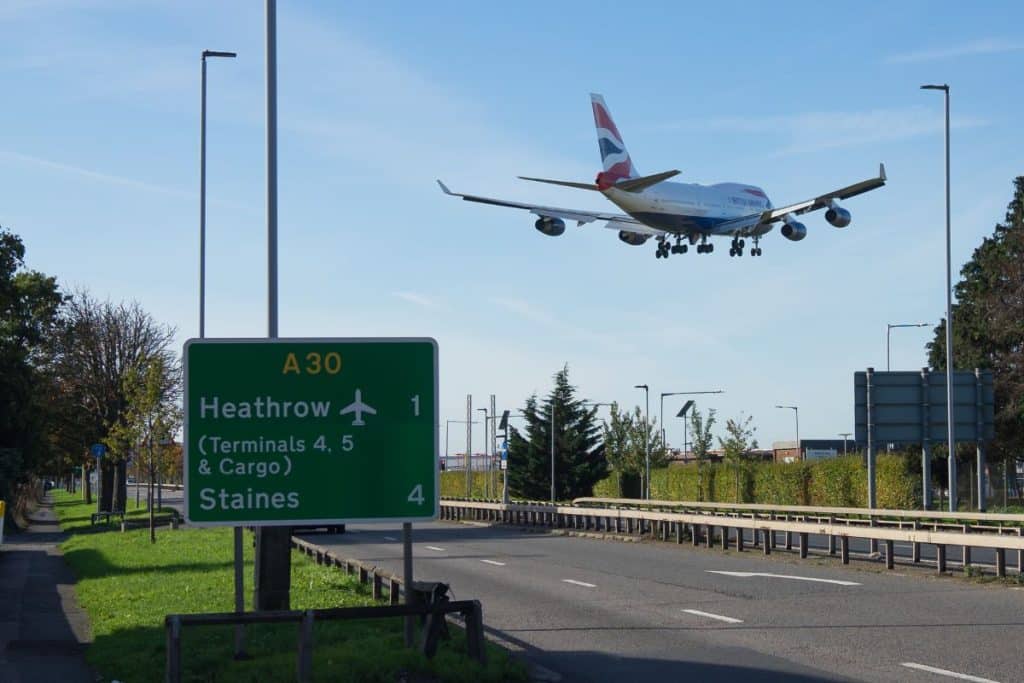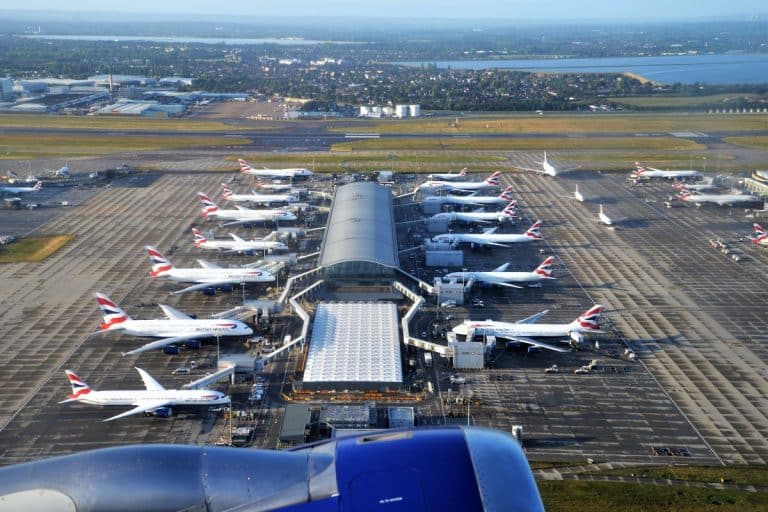Heathrow Airport in London, UK, has started to see signs of improved organization and efficiency after capping the number of departures last month to 100,000 passengers, which reduced the number of travelers by 4,000 per day, and asking airlines to halt additional ticket sales.
The airport isn’t 100% back to its pre-COVID pandemic state, but it has shown positive signs of recovery after a staffing shortage and other problems in July resulted in severely long wait times for passengers at all stages of airport usage, a backlog of misdirected and lost luggage and last-minute flight cancellations.
Heathrow Airport’s Chief Executive, John Holland-Kaye, believes the cap remains necessary until at least mid-September. Since Heathrow is the busiest airport in the UK, experts previously estimated a total of 16 million departures from July 1 to September 11.

In July, approximately 6.3 million people departed Heathrow. Although this figure is lower than the 7.75 million who departed in July 2019, Heathrow continues to experience disruptions that didn’t exist prior to the pandemic.
That said, Holland-Kaye noted that passengers now experience “better, more reliable journeys” and thanked airport staff for their efforts. Yet, many experts don’t share Holland-Kaye’s perspective:
Emirates Airlines refused the request to halt sales based on the cap until the two companies reached an agreement because EA’s executives felt that decisionmakers at Heathrow disregarded passenger needs. Willie Walsh, the director general at the trade group International Air Transport Association, believed that Heathrow didn’t actually need the cap and attempted to maximize its profits at the “expense” of the airlines.
The CEO of the budget airline Ryanair accused Heathrow of not preparing well enough after already knowing the schedule that outlined passenger numbers months beforehand. Ryanair doesn’t have any answers to the problem and estimates that ticket prices must evolve with the times from current €10 (£8.45 / $10.26) to €40 (£33.75 / $41.05) and eventually €50 (£42.26 / $51.31) by 2027.

